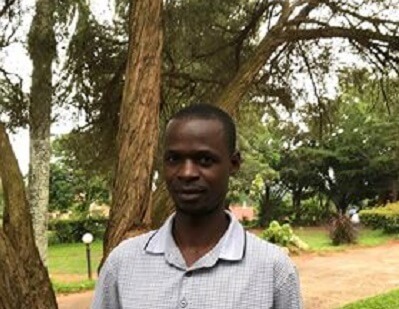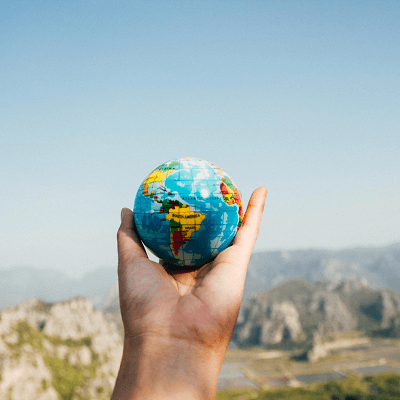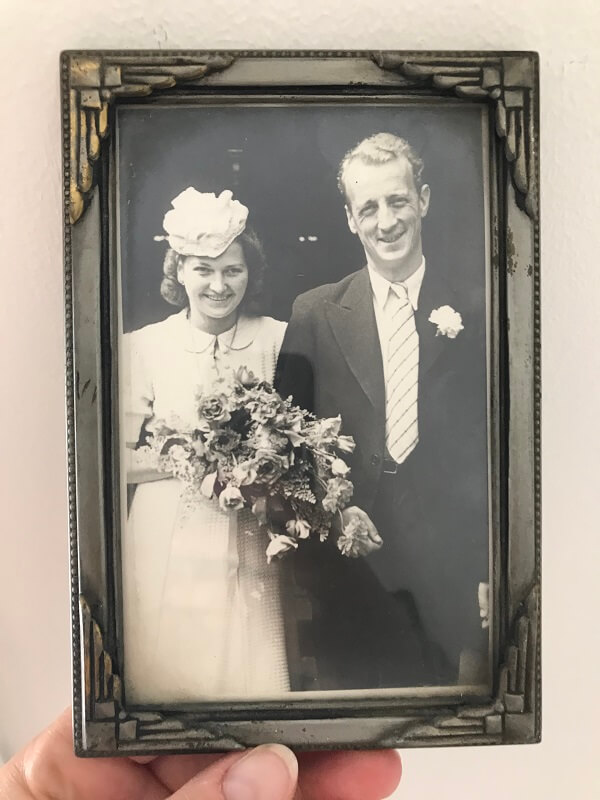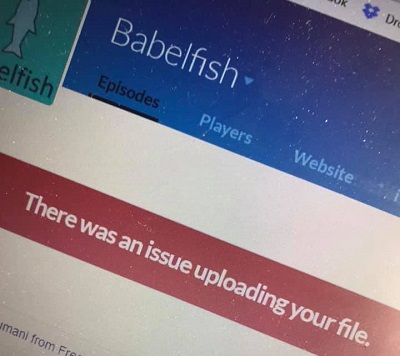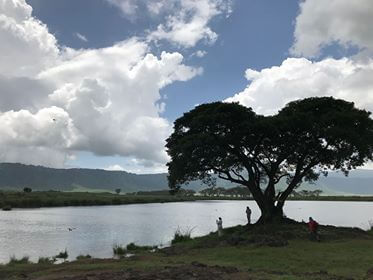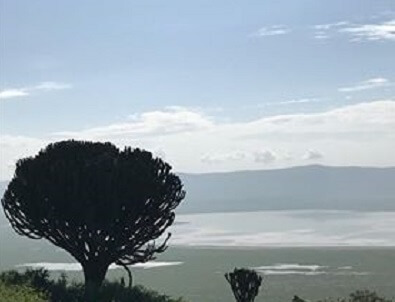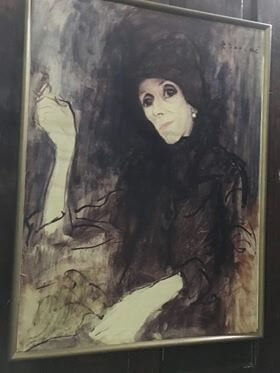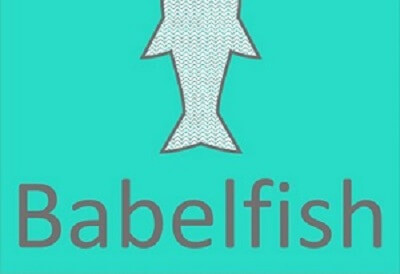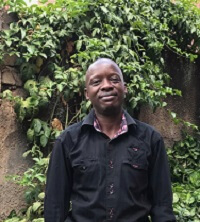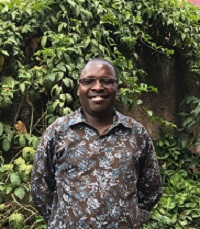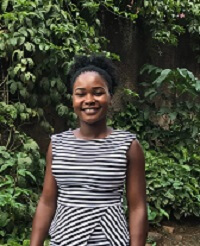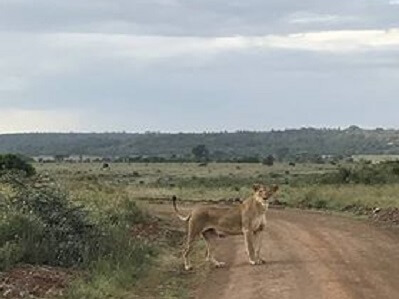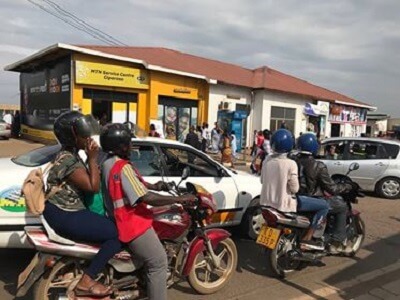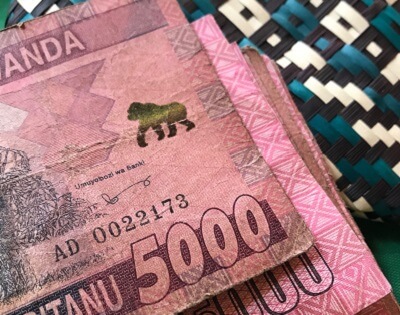With more
than 120 tribes (& same number of languages) no tribe has majority in
Tanzania, the melting pot of migrations. The last tribe migrated to this
country less than 200 years ago. Tanzania is even more diverse and complex than
the other countries in East Africa – migrations from all over Africa, from
India, from Europe, from almost everywhere.
Like the
rest of East Africa, Tanzanians are very religious, conservative. The
population is equally divided between Christianity, Islam and traditional religions,
which means no religion has majority. This makes Tanzania different from the
other countries – they had to find a way to live together, co-exist, no matter
tribe or religion. They have succeeded in many ways, even though there can be
tensions (as an example Zanzibar which is predominantly Muslim would like to be
independent). Tanzania is peaceful and you don’t have to worry about security.
Like in the
other countries it is difficult to be a non-believer in Tanzania. Family and
friends might consider you a devil-worshipper if you openly come out as a
non-believer. Like in Kenya Tanzania has a secular constitution including the
human rights declaration which protects non-believers even though they might
face discrimination in every day life.
There are a
small group of freethinkers
who try to reach out and find likeminded people in order to build a community.
The internet and social media have helped a lot, since almost everybody has
access to information online these days. So besides being enthusiastic the
freethinkers are optimistic and know things will change slowly, but they will
change. Many more non-believers will come out – because they are out there,
they just think they are alone. Through the social media they will discover
they are not alone in the world, and they will find a place to belong, a
community.
Tanzania is
also the biggest country – it is 22 times the size of Denmark, 22 (!). It’s
huge – with the speed limit being 80 km/hour (down to 50 km/ hour many places)
you’ll never manage to visit the whole country. It takes forever to drive from
a to b. The traffic police are everywhere, you would be ruined before managing
to drive from Arusha to Dar es Salaam.
For a Dane
it is difficult to comprehend why they haven’t built highways like in Denmark
where the whole country is covered in highways. Our highways have a speed limit
of 130 km/ hour which makes it easy to get from one end of our small country to
the other in no time. In addition, there is no railways of importance in
Tanzania (again in contradiction to Denmark), which means everything must be
transported on the same roads – goods, containers, people, schoolkids, cows,
goats etc.
Halfway
through my journey I have almost adjusted to the African way – which means you must
be patient, don’t rush, take you time greeting people in a proper way, a lot of
handshakes and talking. It seems like I have adjusted to the hot African weather
as well – just arrived in Malawi, it’s 23 degrees & I’m freezing (!).
Halfway
through my journey I have visited 4 countries in East Africa – the other half will
be spend visiting 4 countries in Southern Africa.
My visit to
the cradle of humankind – the Serengeti – made an impact. I think it is an
amazing place. I would like to go back some day, and spend at least one week in
the Serengeti, sleeping in tents among the wild animals, spending hours looking
for them, spending hours staring at them. It’s beautiful, overwhelming,
majestic – pictures can never show how it feels to be there.
Goodbye
Tanzania & East Africa – hopefully I’ll see you again on the Serengeti – Hakuna
Matata
Some facts:
Tanzania
(Denmark)
Population: 60 mio.
(5.8 mio.)
Area: 945.000
km2 (43.000 km2)
Density: 64/km2
(133/km2)
Life
expectancy: 63 years (80 years)
